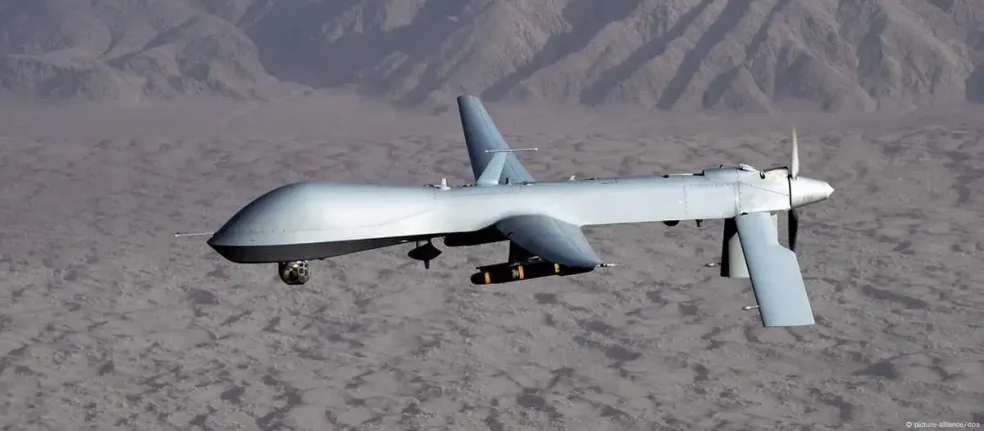Proponents of drone warfare say that any technology that allows the United States to achieve its military goals without risking American lives is a good thing. They say that the collateral damage (ie loss of innocent lives) is a part of any type of military operation when an enemy is embedded within the population the way al Qaeda is and it doesn’t matter whether you send in tanks and troops or drones and bombs, there’s going to be consequences. At least they’re not (always) Americans, right?
This is the sort of arrogance that can get our country in trouble with the international community. The Obama administration has ordered 7 times the number of drone strikes that the previous administration ordered. Their reliance on drones has become a sticking point amongst liberal supporters of the administration, a hawkish practice that is not suitable for a Democratic party that has been traditionally anti-war. It’s not universal; many within the media that showed outrage and disdain over waterboarding as “barbaric” have convinced themselves that killing in this fashion is somehow more humane than torture. The support, however, is waning.
An article by Bill Moyers and Michael Winship that was republished in the leftist blog AlterNet titled “America’s Outrageous Imperial Drone Warfare” examines the buzz surrounding drone warfare and the ways that technology is making the art of killing easier while making it less precise.
“Our blind faith in technology combined with a false sense of infallible righteousness continues unabated,” Moyers and Winship wrote.
Is drone technology really helping us be more practical with our war efforts or is it making war so impersonal that we’re blind to horrific realities of these deadly machines?
Avoiding crying Americans
The biggest reason that drone warfare is so popular with the administration is that the source of the tears are abroad. When troops die, the media is quick to get shots of tearful parents, spouses, and children. These types of images are personal. They’re portraits of a sadness that could be felt by any of us, whether directly or indirectly.
Drone technology is amazing but it does not accomplish the tasks at hand better than troops that are up close and personal. If you want to take a shot at an enemy, you launch a drone. If you want to make absolutely certain that the right enemies were hit, you send in troops. This is why Seal Team 6 was sent to take out Osama bin Laden rather than a drone attack that would have accomplished the goal.
We’re not interested in making certain that only the right targets were taken out. As a country, we’re more interested in not hearing about American troops being killed. This is the problem that drone technology solves. It also brings to light the reality that we’re simply not moved by the loss of life when the families of the victims are either anonymous or known but distant. Drone technology is not just about keeping our troops safe. It’s about keeping crying Americans off the media feeds. It’s about making a very personal war seem less personal because the victims are not a part of our communities.
That’s the benefit of drone technology. It’s also the reason that it’s not sustainable. There is a growing outrage domestically but it’s nothing compared to the hatred building abroad.




